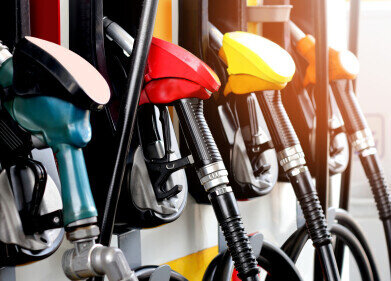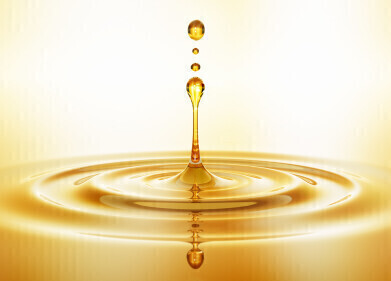Synthetic fuels
Cactus needles inspire oil clean-up method
Sep 05 2013
Oil spills could soon be easier to clean up, thanks to new research that has resulted in the creation of technology inspired by cactus needles. A study has found that synthetic needles that are created in the likeness of cactus spines, can remove any oil in water just as the plant is able to absorb water from air.
The development of these synthetic 'cactus' needles could lead to a more effective form of water clean-up following an oil leak. They have been designed to work much like a natural cactus needle, which distorts water droplets from their usually round shape into a clam-shape. The water droplet's own surface tension, called Laplace pressure, will force it back into its original circular shape. The pressure ultimately forces the water to the base of the needle, where it is absorbed by the cactus through surface pores.
This way of absorbing water led to the design of the synthetic needles that are able to deal with the problem of surface oil and any oil that has been more deeply dispersed. When an oil spill occurs, seawater alters the oil and so it becomes thicker. This denser oil ends up dispersing throughout the water in small droplets that are unable to float on the surface of the ocean. Skimming and filters - current techniques for oil clean-up - do not deal with this oil.
Researchers created an array of needles created from synthetic materials and copper, measuring around 0.5 millimetres in length. These were tested by putting them in water that contained silicone oil. Ultrasonic sound waves were then used to create smaller oil droplets, which were found to flow along the needles in a similar way to water along cactus needles.
Published online in the journal 'Nature Communications', the research suggests that this method of oil clean-up could be more effective and come at a lower cost than current methods. Although the technology looks promising, some experts are suggesting that more research is required to ascertain whether the method will truly be suitable for use in the world's oceans.
Digital Edition
PIN 26.1 Feb/Mar 2025
March 2025
Analytical Instrumentation - Elemental Analysis for Quality and Process Control at Refineries, for Lubricants and Wear Metals in Engine Oils - Synthetic Lubricants: New Developments - Scaling...
View all digital editions
Events
Apr 08 2025 Birmingham, UK
Apr 08 2025 Kielce, Poland
Apr 08 2025 Ravenna, Italy
Apr 08 2025 Southampton, UK
Apr 08 2025 London, UK



















